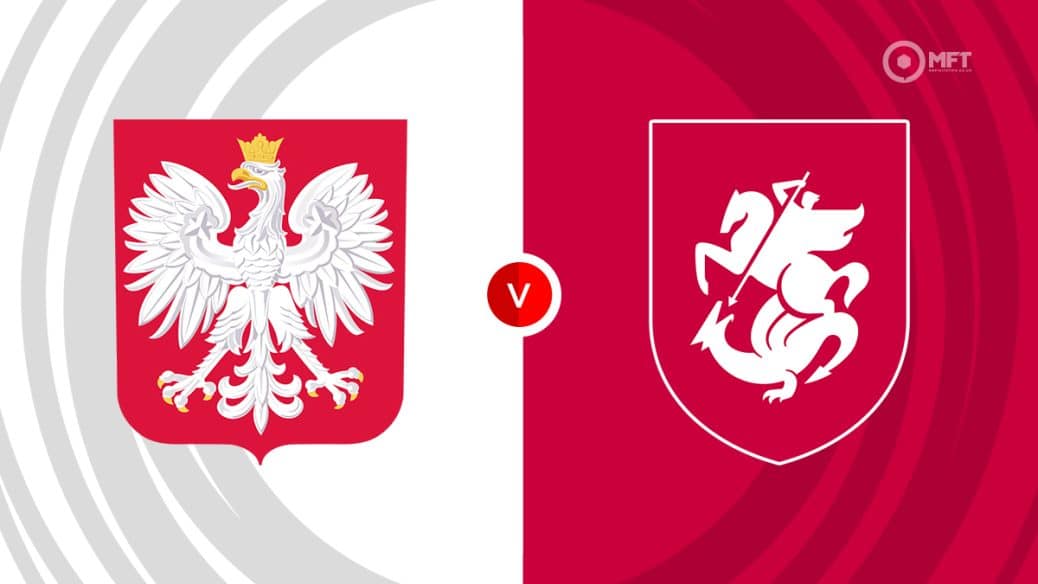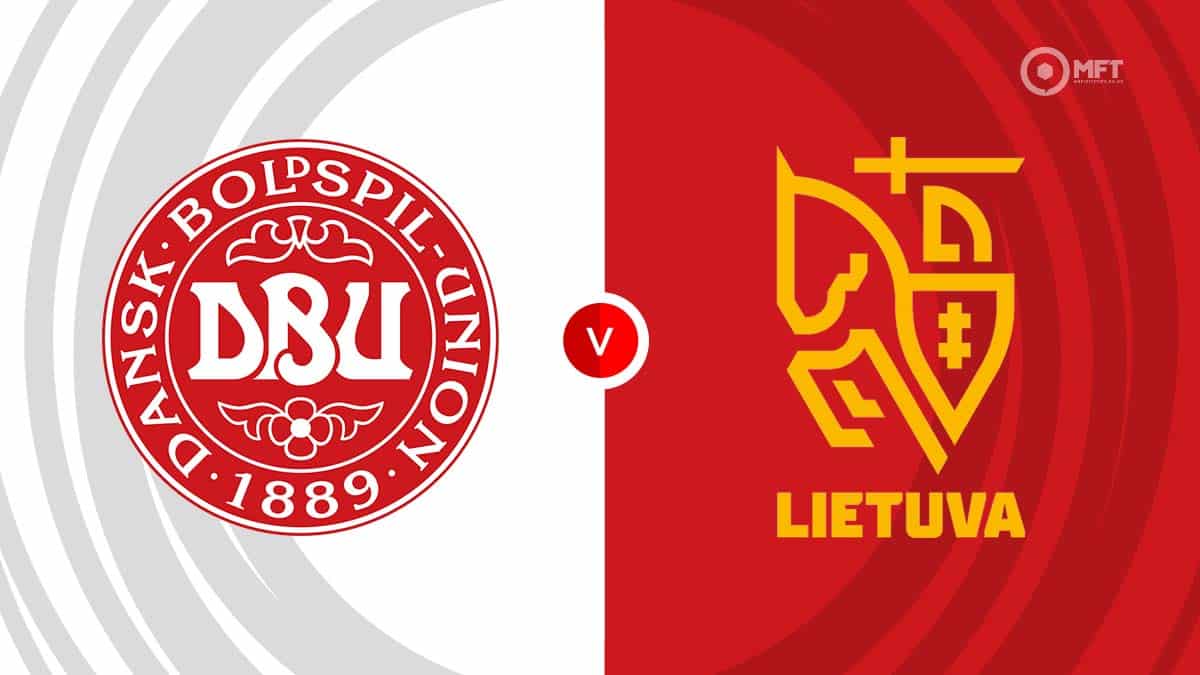
Poland U21 and Georgia U21 start their Championship campaigns on Wednesday night in Zilina. Both sides reached the finals by finishing second in their respective qualifying groups, though their journeys differed significantly in strength and stability.
Poland emerged as runners-up in Group D, four points behind Germany. Over ten matches, they had a record of W7-D1-L2, scoring 24 goals and conceding just 10. Their campaign was marked by consistency, efficiency, and a controlled approach that saw them comfortably qualify without the need for a playoff. They enter the finals with a solid foundation, both tactically and psychologically, having rarely been troubled by lower-ranked sides during qualification.
Georgia's route was far more dramatic. They came second in Group C behind the Netherlands but finished eleven points adrift, with a record of W6-D1-L3. Their points total left them as the lowest-ranked of all second-placed teams, meaning they had to navigate a playoff to reach the finals. That playoff against Croatia turned into a defining moment for the squad. Georgia won the first leg at home 1–0 but were taken to extra time in the return leg after a 3–2 loss. They ultimately triumphed 7–6 in a tense penalty shootout to seal qualification. The nature of that win suggests a team with emotional momentum and an ability to cope with pressure, even if their qualifying form was uneven.
While Poland’s qualification campaign suggests greater stability and control, Georgia’s dramatic playoff win provides a psychological edge that can’t be ignored in tournament football.
How the bookies view it: Tight game
Bookmakers have priced Poland at 10/11 to win their U21 Euro opener against Georgia, the draw is offered at 13/5, while Georgia’s odds of 31/10 suggest a 24% chance of an upset. The over 2.5 goals market is set at 11/1 (50% implied probability), indicating a fairly balanced expectation for goals, and both teams to score is priced at 19/20, implying a 51% chance.
Head to head: Hosts hold the advantage
Poland and Georgia have met four times at U21 level in competitive fixtures, and Poland have won all four encounters with a dominant combined scoreline of 14–1. Two of these matches took place in the UEFA U21 European Championship finals, with Poland winning 3–0 in both September 2017 and October 2018. Across all meetings, there have been no draws, and Georgia have managed just a single goal, while conceding an average of 3.5 goals per game.
Predicted line-ups
Poland U21 (4-2-3-1): Tobiasz; Pyrka, Matysik, Mosor, Peda; Legowski, Kaluzinski; Marczuk, Pienko, Fornalczyk; Szymczak.
Georgia U21 (4-2-3-1): Mamardashvili; Khvadagiani, Maisuradze, Mamatsashvili, Rukhadze; Lominadze, Gagnidze; Kvernadze, Sigua, Iobashvili; Abuashvili
Players to watch: Szymczak star in the making
Filip Szymczak enters the U21 European Championship as Poland’s main attacking focal point, and while his domestic season paints a modest picture, his international form tells a different story. On loan at GKS Katowice from Lech Poznan, Szymczak has made 30 appearances this season but started only nine games. In that span, he has scored five goals from 41 total shots, with 12 on target. In his starts alone, he has managed 21 shots and six on target, showing a consistent threat when given time on the pitch.
At international level, his impact has been far more pronounced. Szymczak scored five goals during Poland’s U21 European Championship qualifying campaign, making him one of the key contributors to their second-place finish in Group D. With eight goals in total across 25 U21 caps, he has become a reliable presence up front for coach Adam Majewski’s side. He also delivered in key moments, including a crucial winner against Estonia that helped secure Poland's qualification..
His goal-scoring record in qualifying, combined with his positional versatility and national team experience, makes Szymczak a player to watch closely in this tournament.
Anything else catch the eye?
Over 2.5 goals looks like a strong betting option for this match based on the qualifying campaigns of both teams. Poland averaged 2.5 goals per game across their 10 qualifiers, scoring two or more in six of those matches and only failing to score once. They also conceded in six out of 10, indicating both attacking potency and occasional defensive lapses. Georgia’s campaign was more erratic but still goal-relevant, averaging 1.6 goals scored and 1.1 conceded per game. They found the net in six of their 10 matches and conceded in six as well, with over 2.5 goals landing in half of their games. Georgia were involved in results like 3-1, 3-2 and 3-0, showing a tendency toward open matches when faced with strong opposition. With Poland’s consistent scoring threat and Georgia’s ability to contribute or collapse defensively, this fixture sets up well for a high-tempo contest. The statistical profile clearly supports over 2.5 goals.





















































 GambleAware
GambleAware